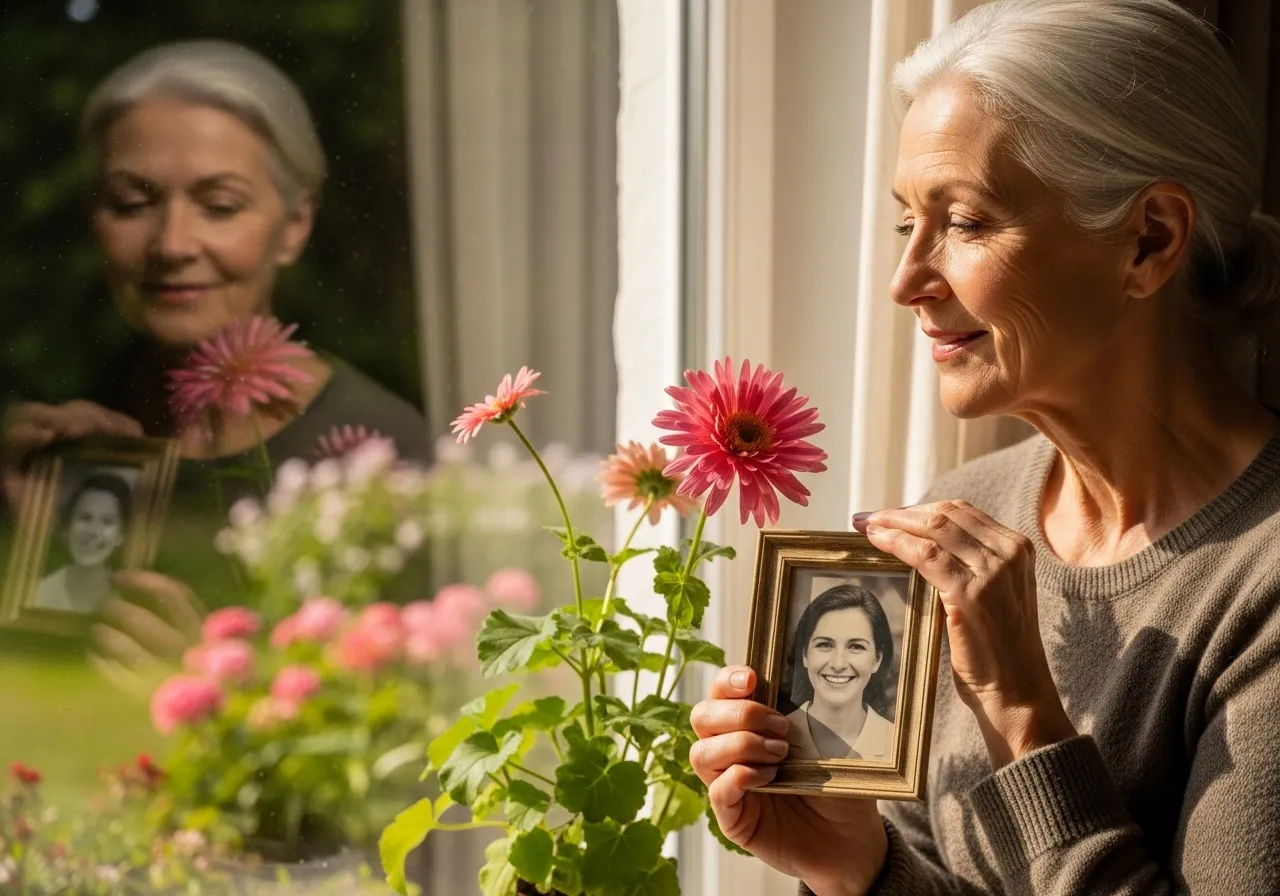
Frequently Asked Questions (FAQs) About Senior Intimacy
It’s natural to have questions. Here are answers to some of the most common ones we hear from our community.
Is it normal for my sex drive to be lower?
Yes, it is completely normal. Libido, or sex drive, is influenced by a complex mix of hormones, physical health, mental wellbeing, and relationship dynamics. Hormonal changes for both men (testosterone) and women (estrogen) can naturally lower libido. Stress, grief, medication side effects, and chronic illness can also play a major role. The goal isn’t to have the same sex drive you had at 25. The goal is to find a level of sexual expression that feels right for you now and to communicate openly with your partner about your desires.
What if my partner and I have different levels of desire?
This is arguably the single most common sexual issue for couples at *any* age. It’s often called desire discrepancy. It rarely means the relationship is in trouble. It simply means you need to communicate and compromise. The partner with higher desire can learn to not take it personally, and the partner with lower desire can explore ways to be open to intimacy, even when they don’t feel spontaneous desire (sometimes desire follows arousal). It’s also a great opportunity to focus on the many non-sexual ways you can connect, ensuring the higher-desire partner still feels loved and wanted.
Can I still get pregnant after 60?
For women, after menopause has been medically confirmed (typically defined as 12 consecutive months without a period), the possibility of pregnancy is virtually zero. However, men can remain fertile throughout their lives. The far more pressing concern for sexually active adults over 60 is the prevention of STIs, which is why condom use with any non-monogamous new partner is so crucial.
How do I bring up the topic of STIs with a new partner without killing the mood?
The key is timing and framing. Have the conversation before you are in a heated, intimate moment. Frame it as a sign of mutual respect and care, not of suspicion. As we scripted earlier, say something like, “Our connection is important to me, and so is our health.” A person who values you will see this as a green flag—a sign that you are a responsible, self-respecting adult. It sets a precedent for open and honest communication about all aspects of your relationship.
